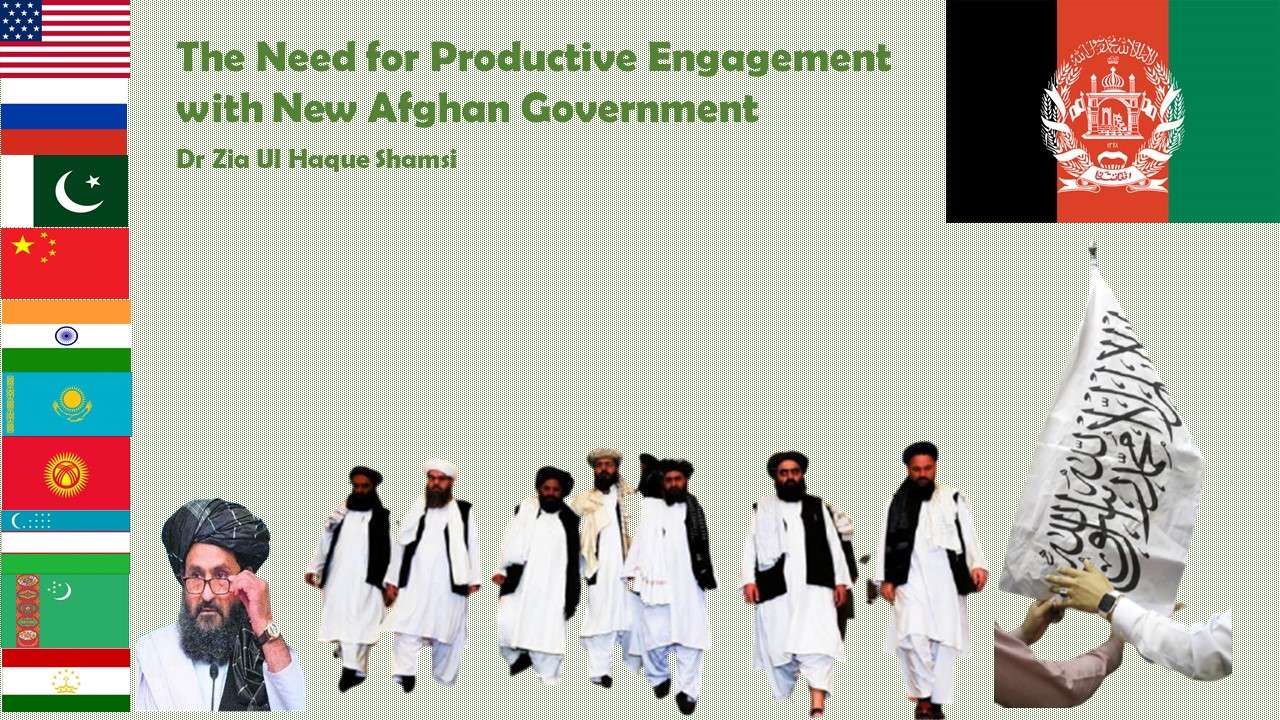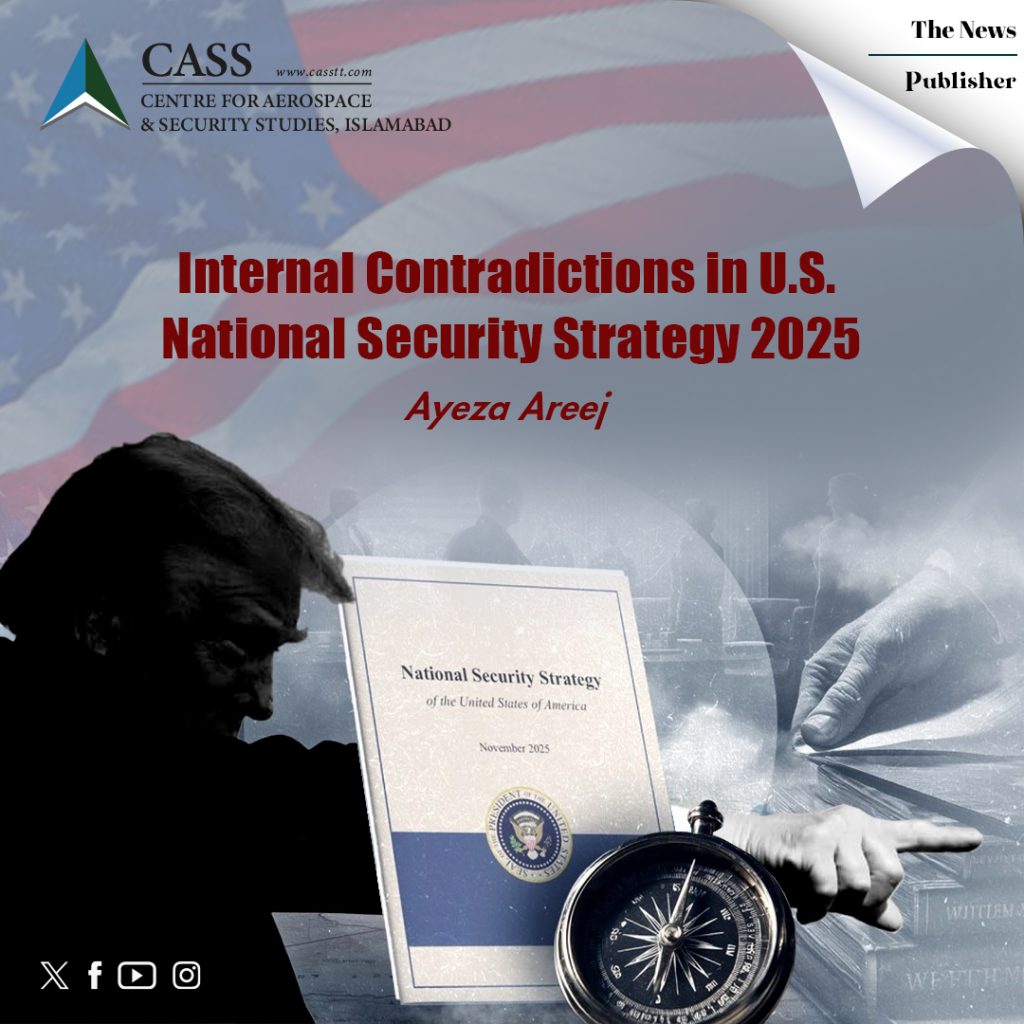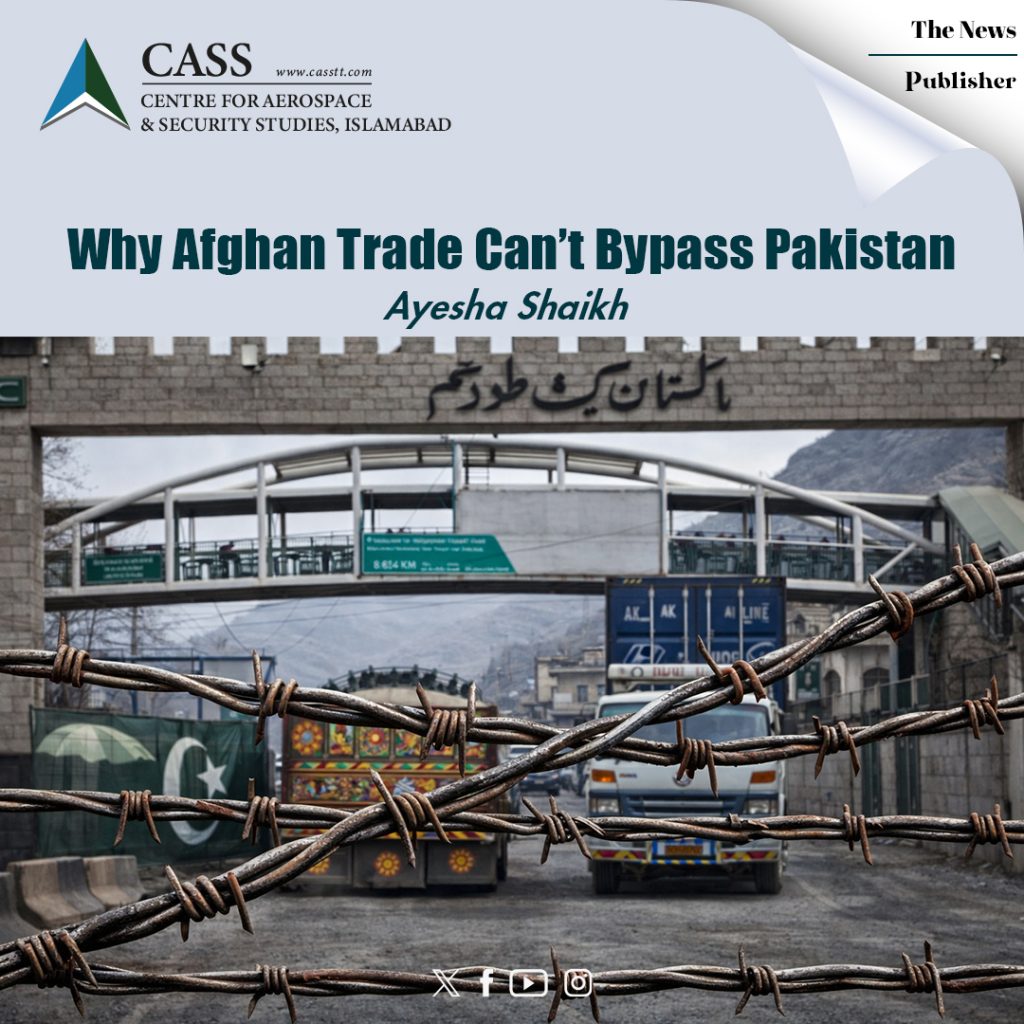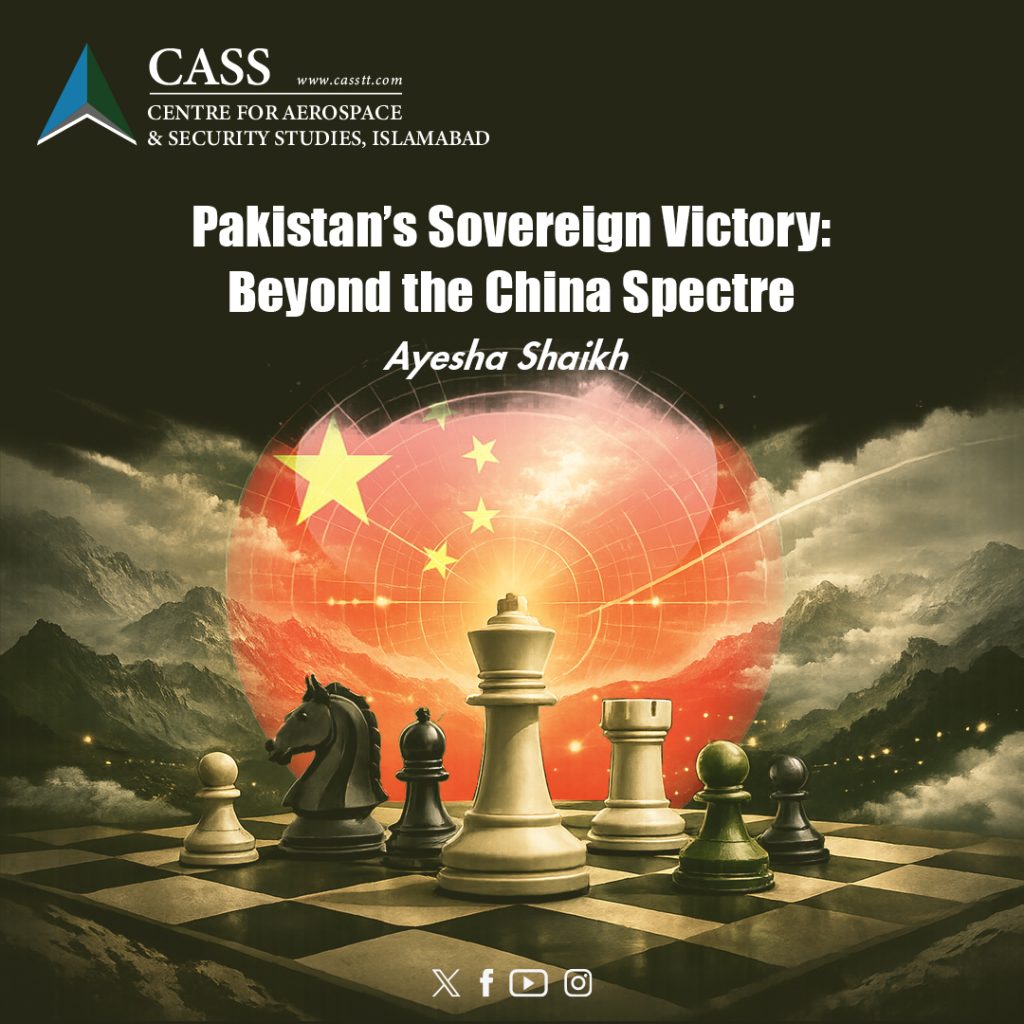“Politics is the art of the possible.” Bismarck’s (1815-1898) precepts about the possibilities in the political arena are widely quoted, and followed by political scientists. His dicta have withstood extremely challenging, and evolving international scenarios. On the other hand, Lord Palmerston’s brilliant concept that “there are no permanent friends, and foes in the international relations,” laid the foundations for unending diplomatic manoeuvres in international affairs.
Diplomatic phrases like constructive engagement, cooperative engagement, détente, rapprochement, confrontation, denial, pain and punishment and preventive or pre-emption all reflect a state’s intended strategies towards other states. States believe that these policy phrases or slogans carry the administration’s image, and would be long remembered whether they achieve the intended purpose or not. However, one needs to look deep into these phrases to find out how much of politics is embedded in these statements. For instance, in the context of India-Pakistan relations, the popular phrase of “Composite Dialogue” is the centrepiece of conflict management mechanism between the nuclear neighbours, having a long history of wars and conflicts. The costs and benefits of its agenda items are debatable, but it is the outcome that one is interested in, after years and years of interaction under this banner. If one understands fully how India-Pakistan relations are overly complex, it becomes clear that the issues involved cannot be easily resolved in the existing environment.
Historically, each war and conflict is followed by a peace treaty or an agreement, and there have been many such agreements between extremely hostile nations. World War-I resulted in the signing of the Treaty of Versailles on June 28, 1919, whereas several treaties were signed under the Paris Peace Treaties, on February 10, 1947, after the end of World War II.
The Afghan wars are no exception. The Geneva Accords signed on April 14, 1988, between Afghanistan and Pakistan, and guaranteed by the US and the USSR, formally ended the First Afghan War of recent history, thus ending the nearly nine-year-long Soviet’s occupation of Afghanistan. The situation is no different after over three decades because Doha Agreement signed on February 29, 2020, ends a 20-year long US occupation of Afghanistan.
While the international community in general, and stakeholders in particular, are still grappling with the fast-evolving situation in Afghanistan with unknown consequences of the incoming Taliban government in Kabul, this article is aimed at urging states to engage the new Afghan government under the paradigm of “Productive Engagement.” The Policy of Productive Engagement calls for a sincere, and dedicated effort to benefit from each other’s experiences and expertise, and converting relationships for mutually productive outcomes, instead of mere photo sessions of the summit meetings. Realists would argue that there may be gaps in understanding between the governments, and the people of any two states due to differing cultures, and historical backgrounds. Moreover, the world is not an ideal place and liberalism as a concept has already failed. However, I am of the view that if the political will exists, the policy of Productive Engagement can deliver.
Let me explain the idea of productive engagement especially with the new Afghan government under the Taliban. The strategic location of Afghanistan that has attracted world powers over time would serve as an economic corridor for China, Russia, Central Asia, Iran, India, and Europe towards the Middle East and Africa. The CPEC can serve as an “economic bonanza” opening up new growth points for wealth generation in a recession prone global economy. The CPEC is a true face of my productive engagement diplomacy. While it is mutually beneficial for China and Pakistan, it can lift the entire region, especially Afghanistan. This is one reason why this phrase may be more viable than the usual diplomatic phrases. In the same vein, perhaps for the first time, an effort is made to find a regional solution to the Afghan problem, and Pakistan is leading the way. There is no other country, except Afghanistan, which is more affected due to continuing Afghan wars than Pakistan.
The new government of Afghanistan must not waste this opportunity of establishing a strong, stable, viable, and progressive state with an evolved concept of productive engagement with all stakeholders. This way, it would quickly get international recognition, and much-needed legitimacy to represent Afghanistan at world forums; the UN, OIC, SAARC (even if it is dormant due to India’s stubbornness), etc. To assist and support Afghanistan, Pakistan is making effort to galvanise regional support for a smooth transition of full administrative power to Taliban leadership in the coming weeks, perhaps following the policy of productive engagement.
The writer is the author of a book ‘Nuclear Deterrence and Conflict Management between India and Pakistan’. He is presently working as Director, Centre for Aerospace & Security Studies (CASS). This article was first published in Daily Times. He can be reached at [email protected].
Image Source: Etfa Khurshid Mirza





